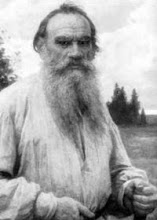 US Army executions of Sioux civilians, followed by burial in a mass grave (Wounded Knee, South Dakota in 1890).
US Army executions of Sioux civilians, followed by burial in a mass grave (Wounded Knee, South Dakota in 1890).
How will you incorporate atrocities and human suffering in your curriculum? How (Should?) will you use these events / patterns as a way to teach justice and morality?Is there a set of universal truths, standards, or laws that you will use to help your students analyze these topics?

